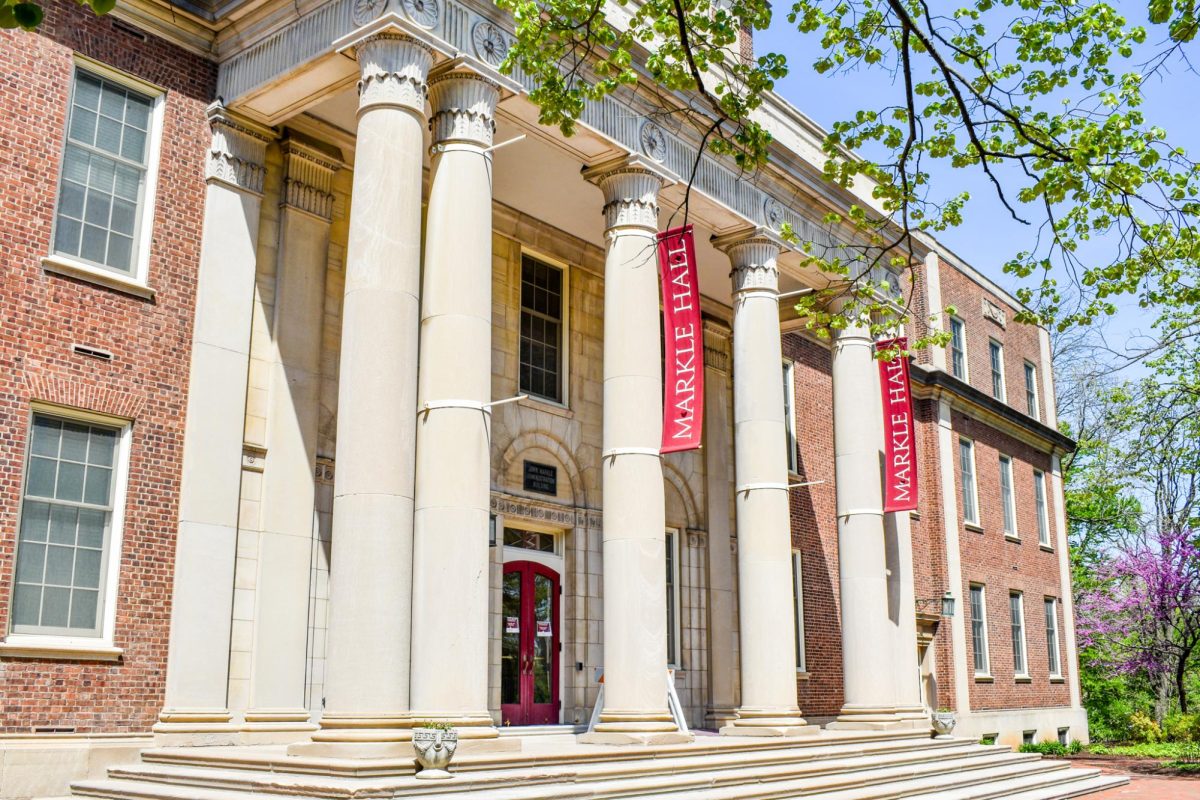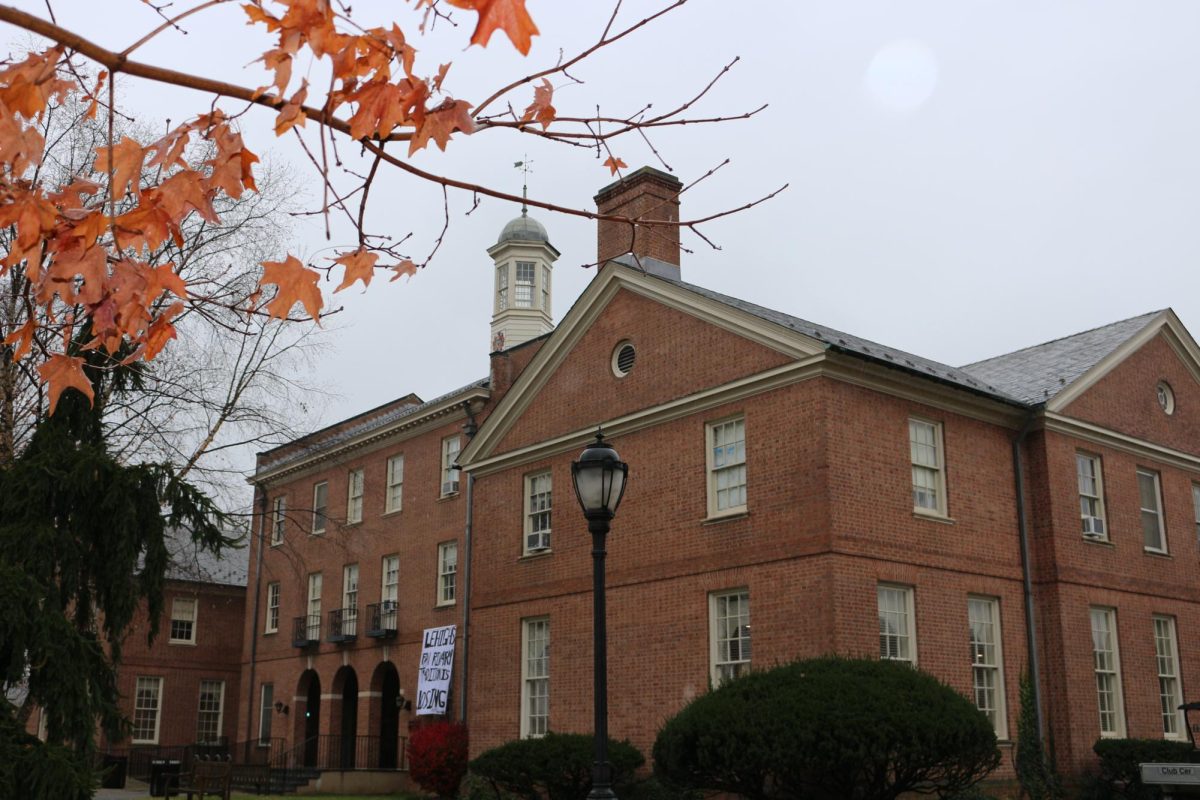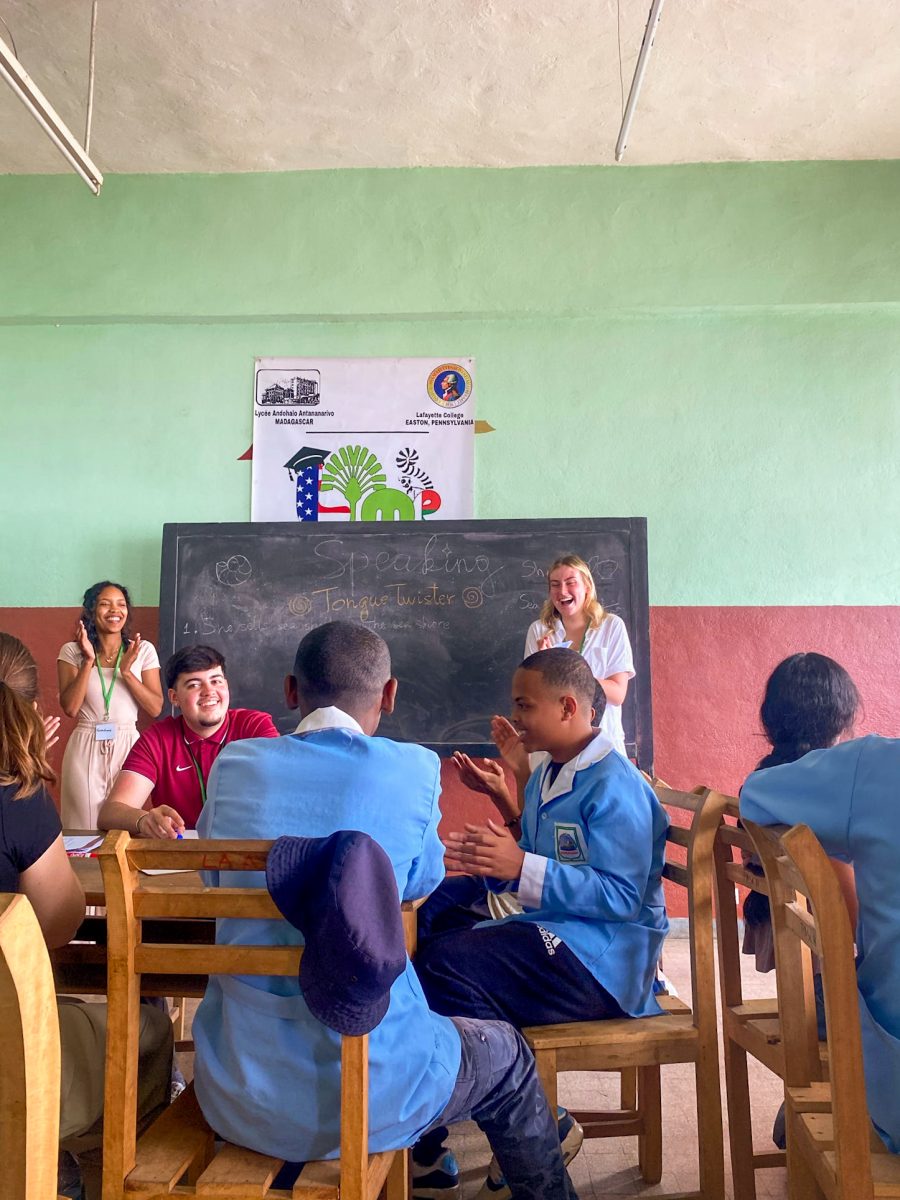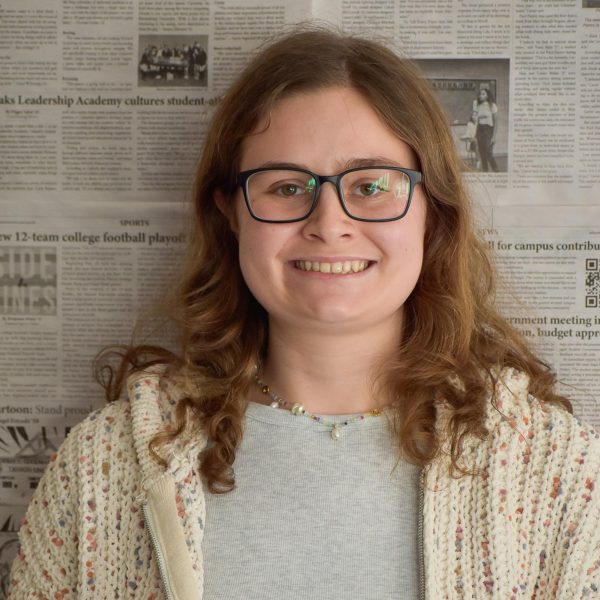2025 marks the 15th anniversary of the Lafayette Initiative for Malagasy Education Program, also known as LIME, a mentorship initiative that has connected high school students from Antananarivo, Madagascar, with college students in Easton.
“I would say that the LIME program opened up new possibilities,” said Eliso Morazara ‘25, one of four former LIME participants now studying at Lafayette. “I could see more.”
LIME, described on its website as a “peer-to-peer mentoring program,” seeks to help Malagasy students further their education with guidance from Lafayette students, partnering the two communities together for one-and-a-half-year mentorship periods.
Economics professor and LIME supervisor David Stifel said the program enables students from low-income households in Madagascar to fulfill their potential, helping them “help themselves.”
Stifel was tapped for the program by former college President Dan Weiss, who was inspired to create it after viewing letters sent by the United States ambassador to Madagascar to every college in the country. Stifel had been doing research on Madagascar since 2000.
Stifel said that he and Weiss agreed on the importance of designing the program collaboratively, with the plan made to coordinate with different Malagasy agencies to “design a program that worked for the Malagasy students but just as importantly for Lafayette students.”
Malagasy students in the LIME program practice their English and mathematics skills twice a week. Once a year, a cohort of Lafayette students fly to Madagascar to spend eight days mentoring them directly.
“Ultimately there is a goal of college education in mind,” said William Gutiérrez ‘27, who visited Madagascar with LIME in January. “But more important than anything else is preparing them for whatever they choose to do next.”
Gutiérrez said that through the program, he was able to form a close relationship with the Malagasy students and get a more in-depth understanding of their lives and aspirations than in a typical student-teacher relationship.
“The students showed so much love and care towards us,” Gutiérrez said.
Morazara said that after he went through the LIME program, he maintained a close bond with his Lafayette mentors, going to them afterward for help with his personal statement for college applications and general life advice. These lessons followed him into college and returned alongside him to Madagascar when he mentored his own group of LIME students in his sophomore year.
“One of the key parts of being a mentor is making the students realize that you have a story to tell,” Morazara said.
Stifel touted the success of Malagasy students who have gone through the LIME program. He said that of the eight students who have graduated from Lafayette, three are pursuing PhDs, one is working at the World Bank, one is a software engineer and two earned master’s degrees from the University of Berkeley in development practice and are in the development field.
“These are some of the most talented students that I’ve ever worked with,” Gutiérrez said. “Yet due to the circumstances of birth, the odds are significantly against them.”
The students who had the chance to attend Lafayette find ways to help other Malagasy students in their educational journey. Morazara said he created a scholarship program for Malagasy students in high school and middle school that just received two new donors.
Landy Rakotoarison ‘26, a Malagasy student at Lafayette, said she runs a program that teaches coding to students from Madagascar.
“I’m planning to have a job here but continuing to have impacts on my country,” Rakotoarison said. “Hopefully I can help to teach them how to find opportunities here.”
A correction was made on Feb. 7, 2025: A previous version of this article incorrectly spelled the surname of Eliso Morazara ’25.

























































































































